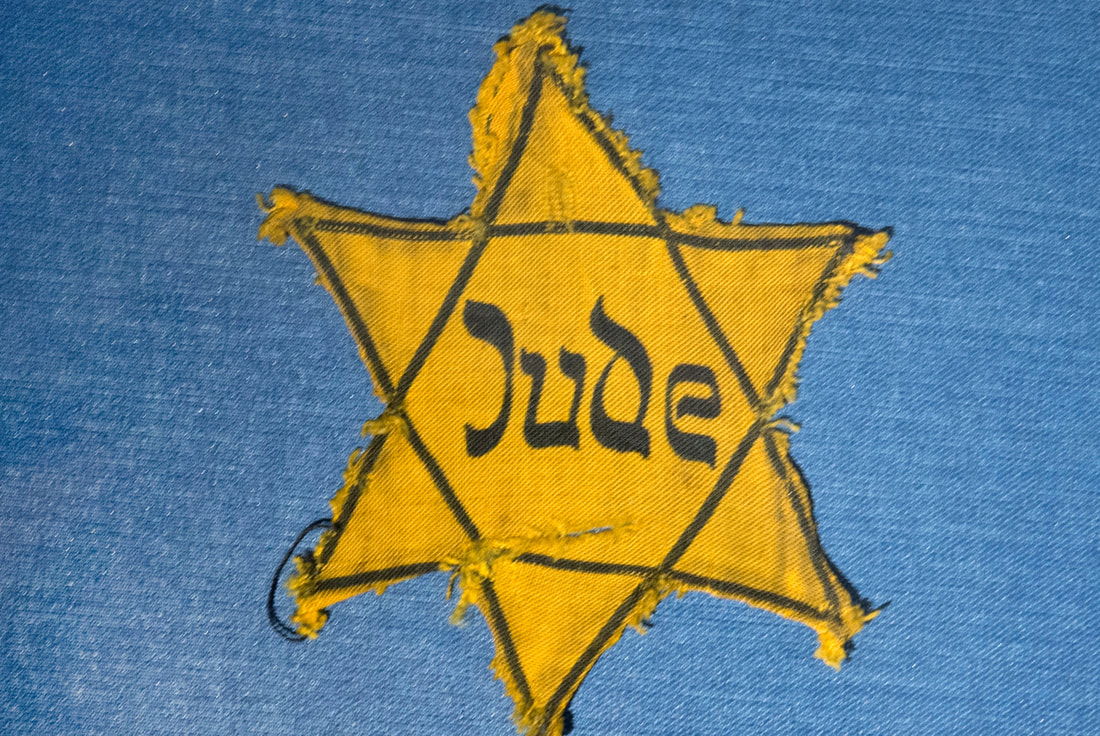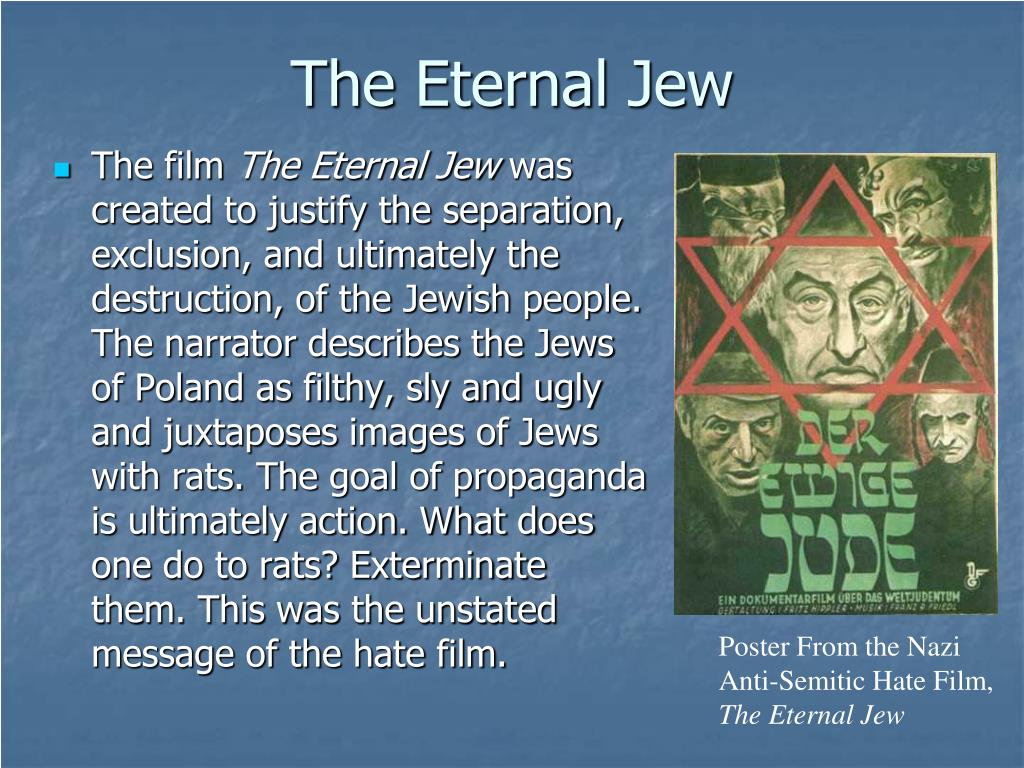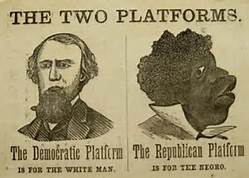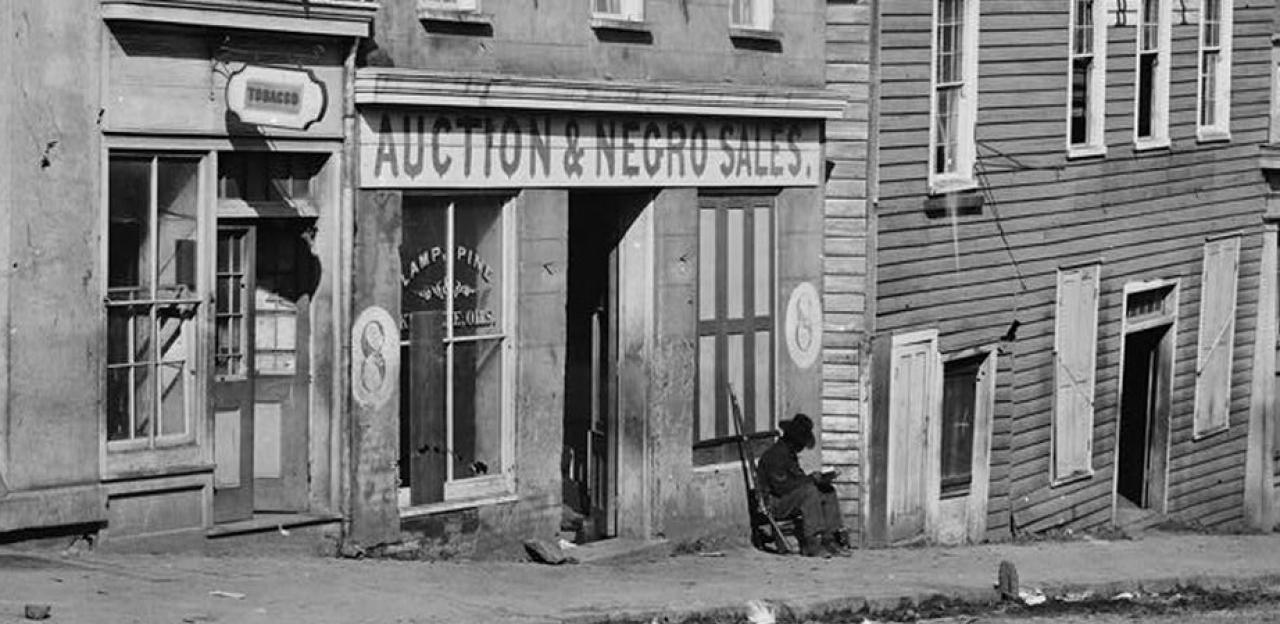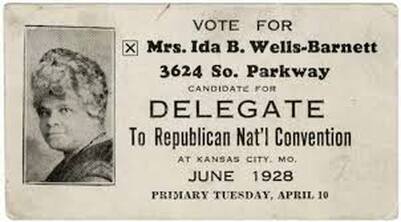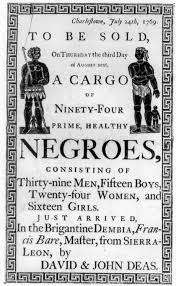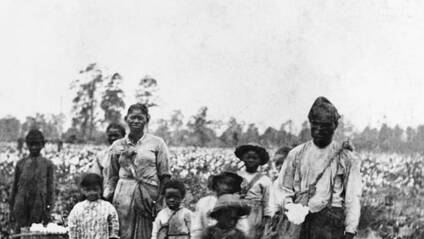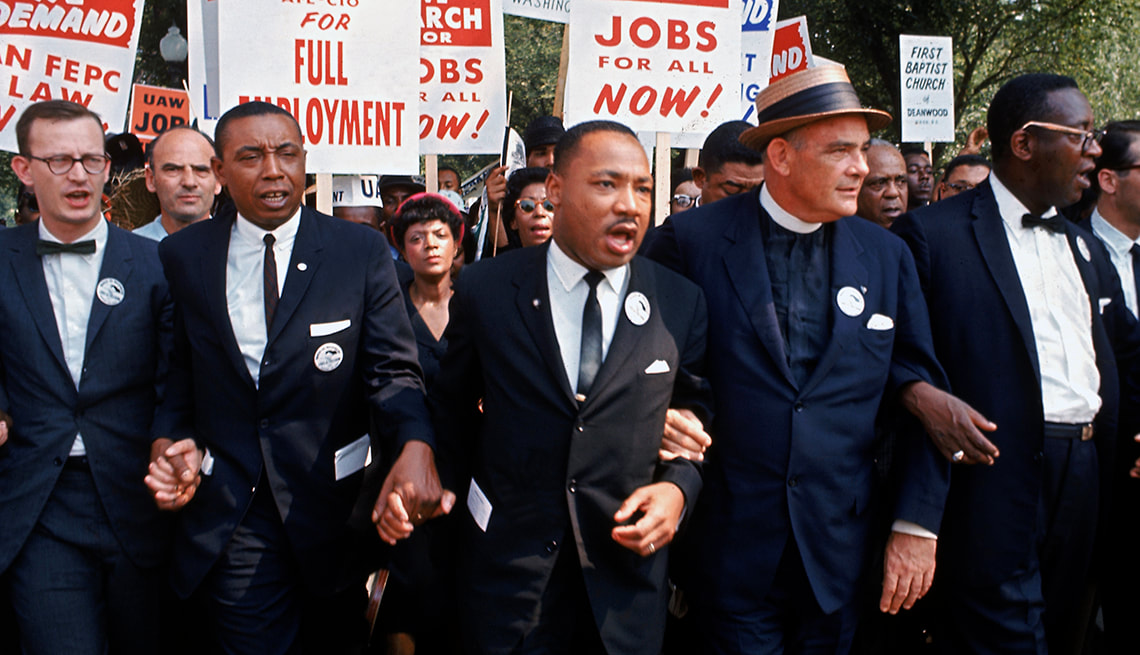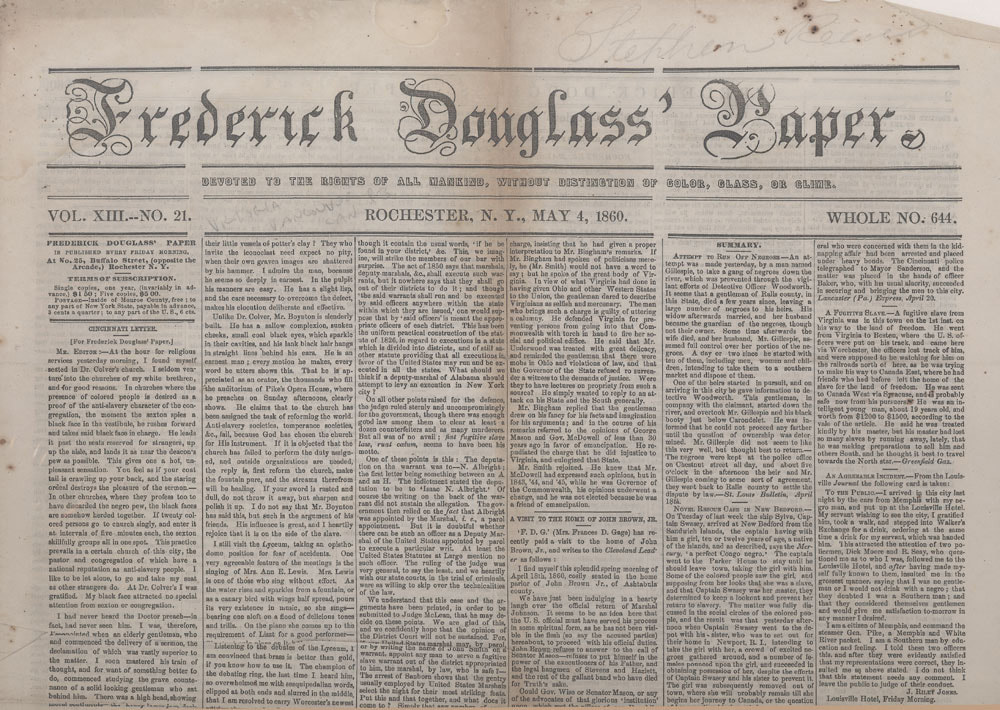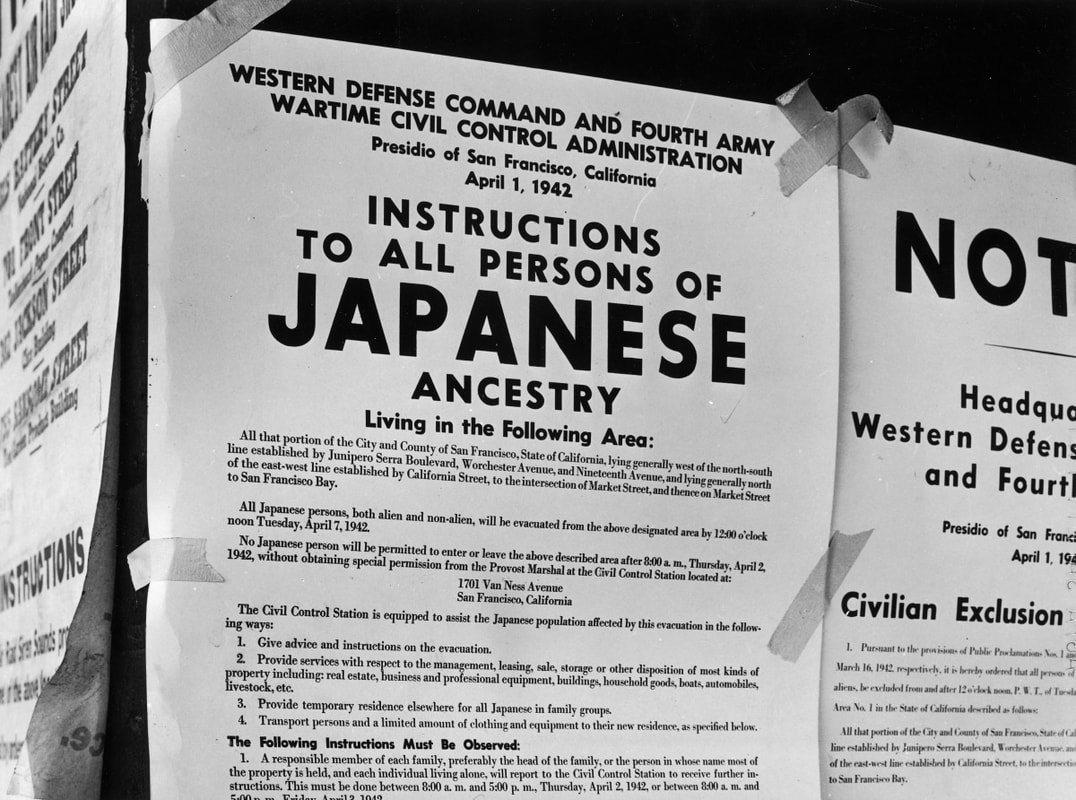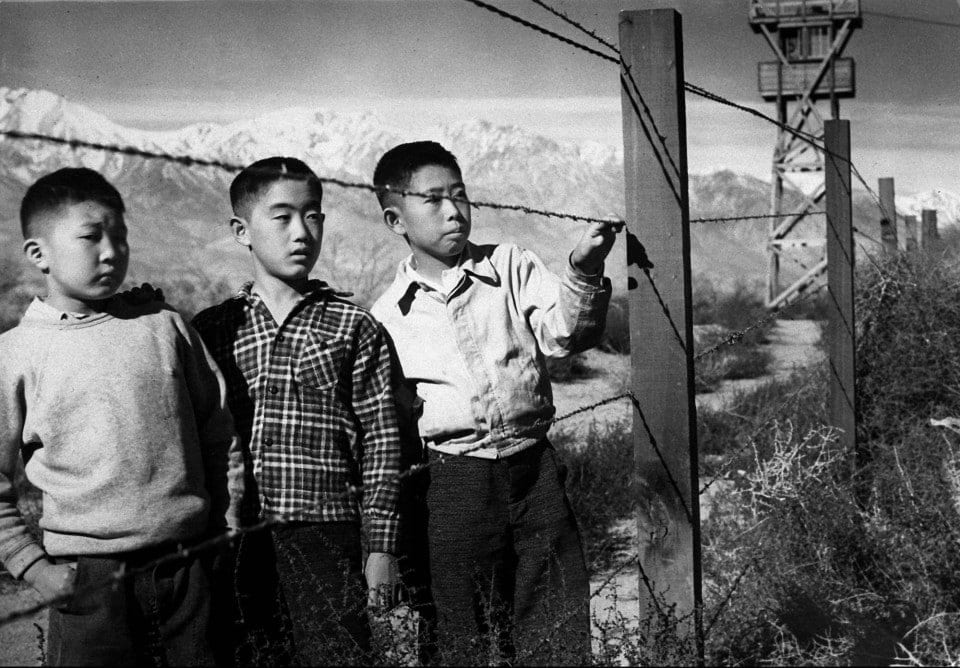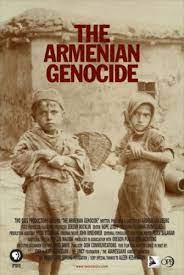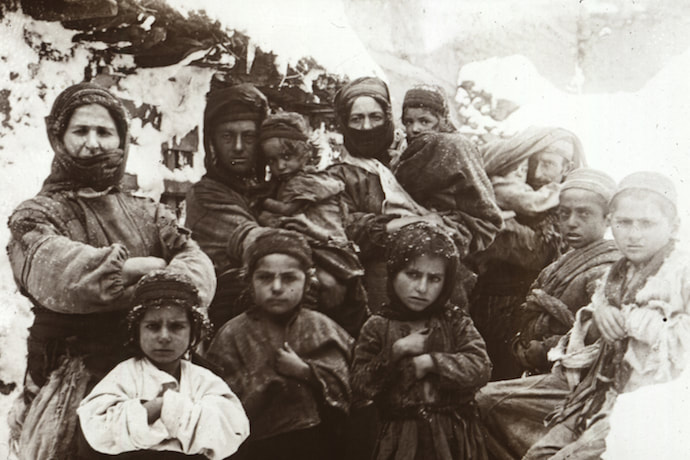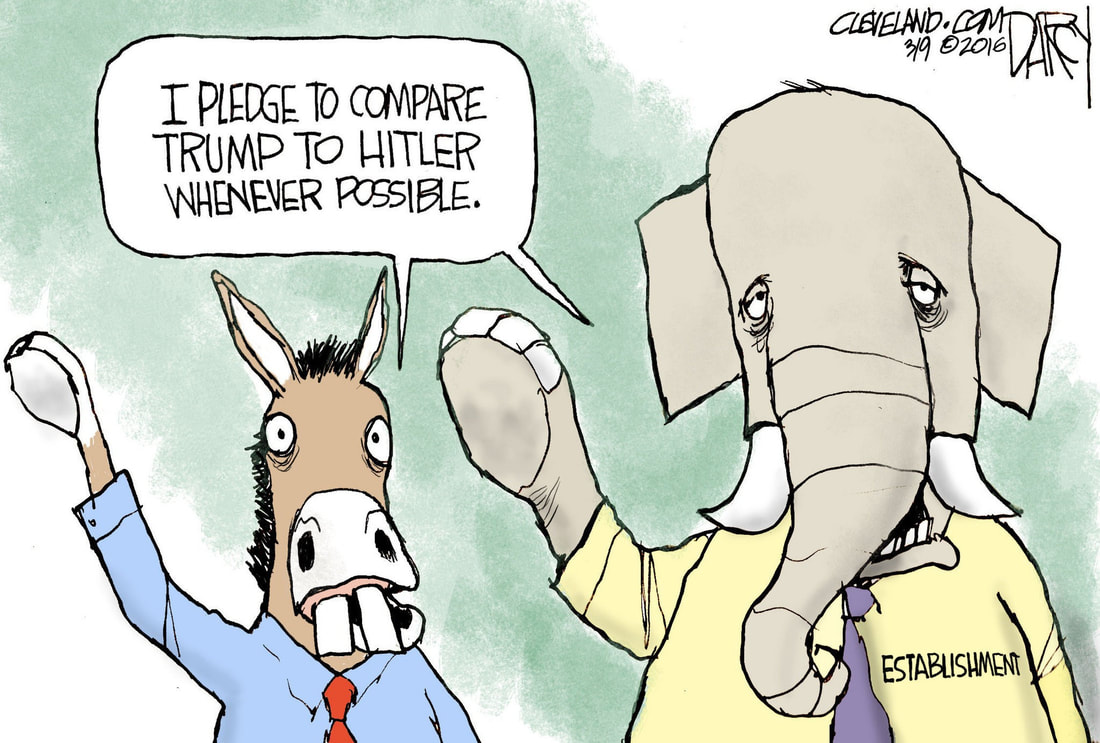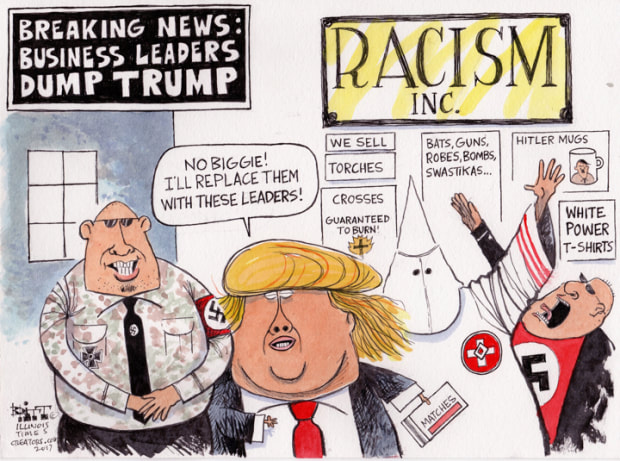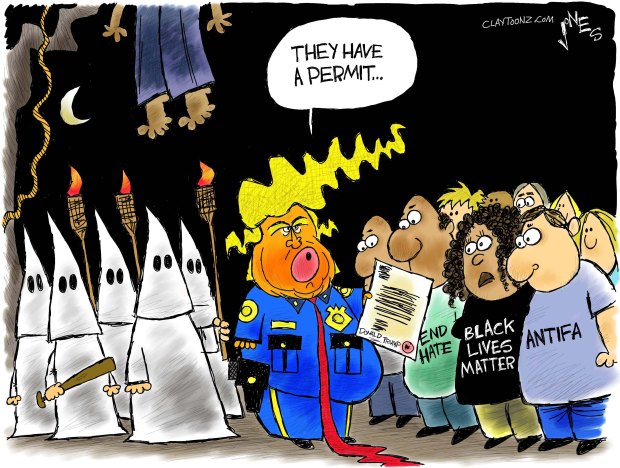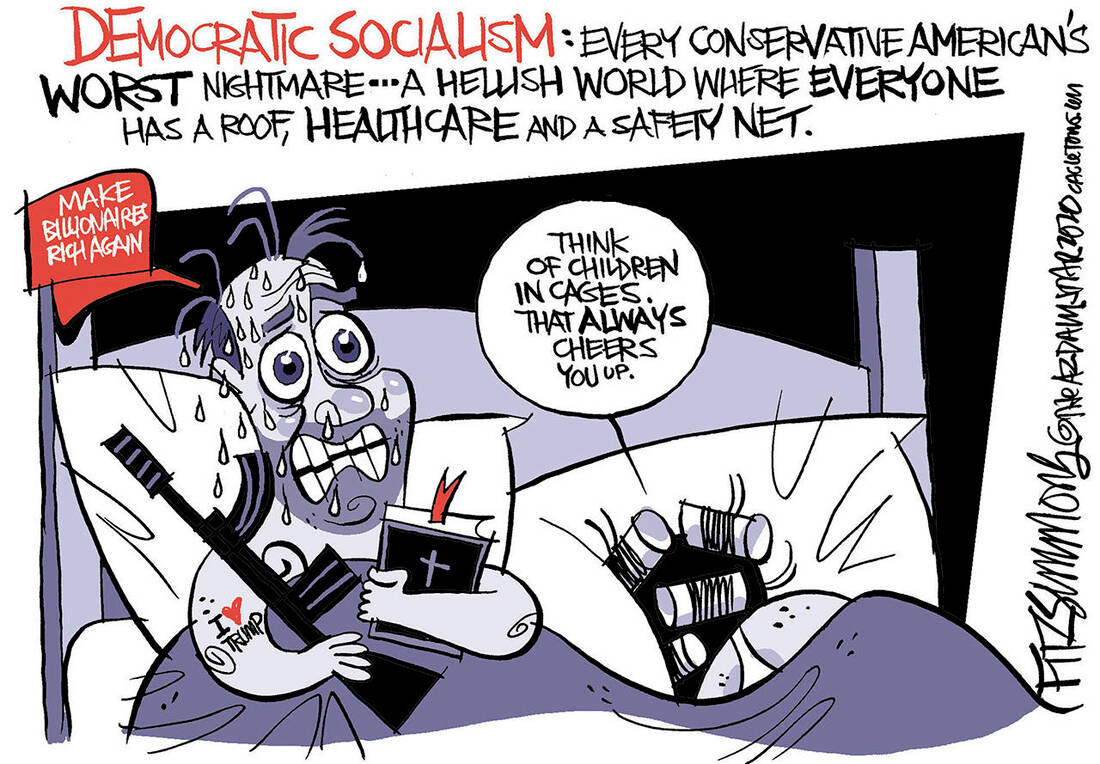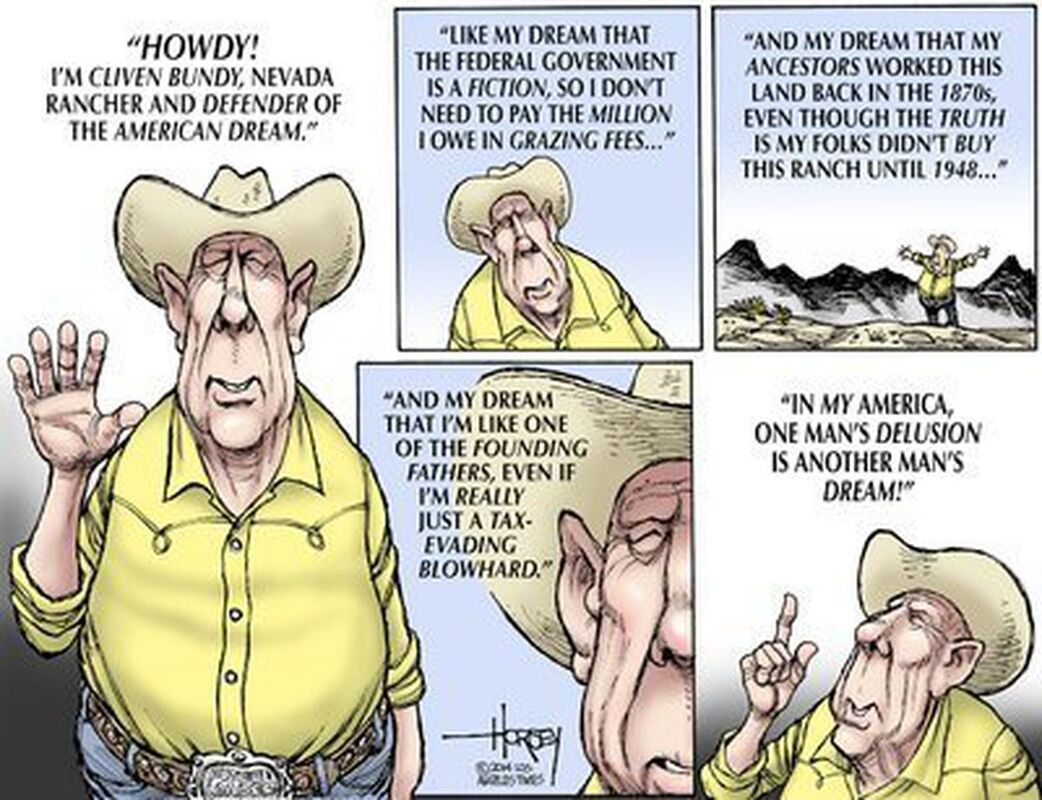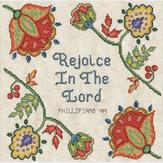Prejudice
Beware of the many stereotypes in our culture!
Prejudice = Pre-Judge
Stereotype = an unsupported generalization that refuses to see the person as an individual.
Stereotype = an unsupported generalization that refuses to see the person as an individual.
To have a prejudiced attitude is to pre-judge a person or idea.
It means that one holds a preconceived opinion or feeling about a person or an idea that is formed without knowledge, thought, or reason.
It means that one holds a preconceived opinion or feeling about a person or an idea that is formed without knowledge, thought, or reason.
With a prejudiced attitude, one assigns a collection of characteristics to a person without actually knowing what that person is like.
One pre-judges a person by making conclusions about the person based on that person's membership or association with group.
The preconceived notions that fuel prejudice are often based on a stereotype - an unsupported generalization that refuses to see the person as an individual.
One pre-judges a person by making conclusions about the person based on that person's membership or association with group.
The preconceived notions that fuel prejudice are often based on a stereotype - an unsupported generalization that refuses to see the person as an individual.
Some simple examples of prejudice (pre-judging) include the following sort of beliefs:
- All Southerners are so friendly!
- All two-year-olds are a terror!
- All politicians are corrupt.
- Christians are hypocrites.
- All Harvard students are brilliant.
- Homeschoolers are socially awkward.
- All teenagers are rebellious.
- Capitalists are greedy.
- All Republicans want to destroy the environment.
- All Democrats want to protect the environment.
- etc etc etc etc etc
A strong argument could be made that we all hold some prejudicial beliefs. Therefore, we all need to be careful to avoid pre-judging anyone, making a firm commitment to getting to know a person before making any conclusions about them!
Historical Examples of Prejudice
|
Some people held prejudiced beliefs about people of Jewish descent in Germany in the 1930s.
Eventually, the prejudicial attitudes led to the imprisonment and extermination of millions of Jewish people in concentration camps.
|
|
Some people held prejudiced views toward people of African heritage in America during the 1800s and 1900s.
During the early 1800s, many people of African heritage were enslaved Americans.
A separate social system developed that created a strong separation between people of European heritage and people of African heritage in America. Even after slavery ended, it took many years to end segregation because prejudicial attitudes persisted. Many dedicated patriots tried to combat prejudice and promote equality. Frederick Douglass, Ida B. Wells, Martin Luther King, Jr., and Rosa Parks are notable examples. People of African heritage were portrayed in a mocking and caricatured manner.
|
|
Some people held prejudiced attitudes toward people of Armenian heritage in the Ottoman Empire during the late 1800s and early 1900s.
Armenian Christians in the Muslim controlled Ottoman Empire were treated as second class citizens. Eventually in 1915, genocide against the Armenians was committed as leaders attempted to rid their country and society of this group, which they considered offensive.
|
|
Some people have held prejudiced beliefs toward "conservative" people who believe in American founding principles and seek to limit the power of the federal government.
"Conservatives" are often portrayed as unkind and selfish people while democratic socialists, who seek to expand the power of the federal government, are portrayed as the kind ones.
|
|
Some people have held prejudiced beliefs about Black Americans who do not share what they consider to be the "proper ideology" for a Black person to hold.
Candace Owens, a person with conservative views who has a African American heritage, has been name-called a "white supremacist." She has also been called "anti-black" which is ironic since she is Black.
Prejudice has resulted in some people trying to strip her of her proud heritage simply because she does not hold the "acceptable ideology." |
What examples of prejudice do you see around you today?
What prejudices are reflected in this video?
Students React To 'Extreme' Comments From Leftist Professors
May 18, 2021
May 18, 2021
